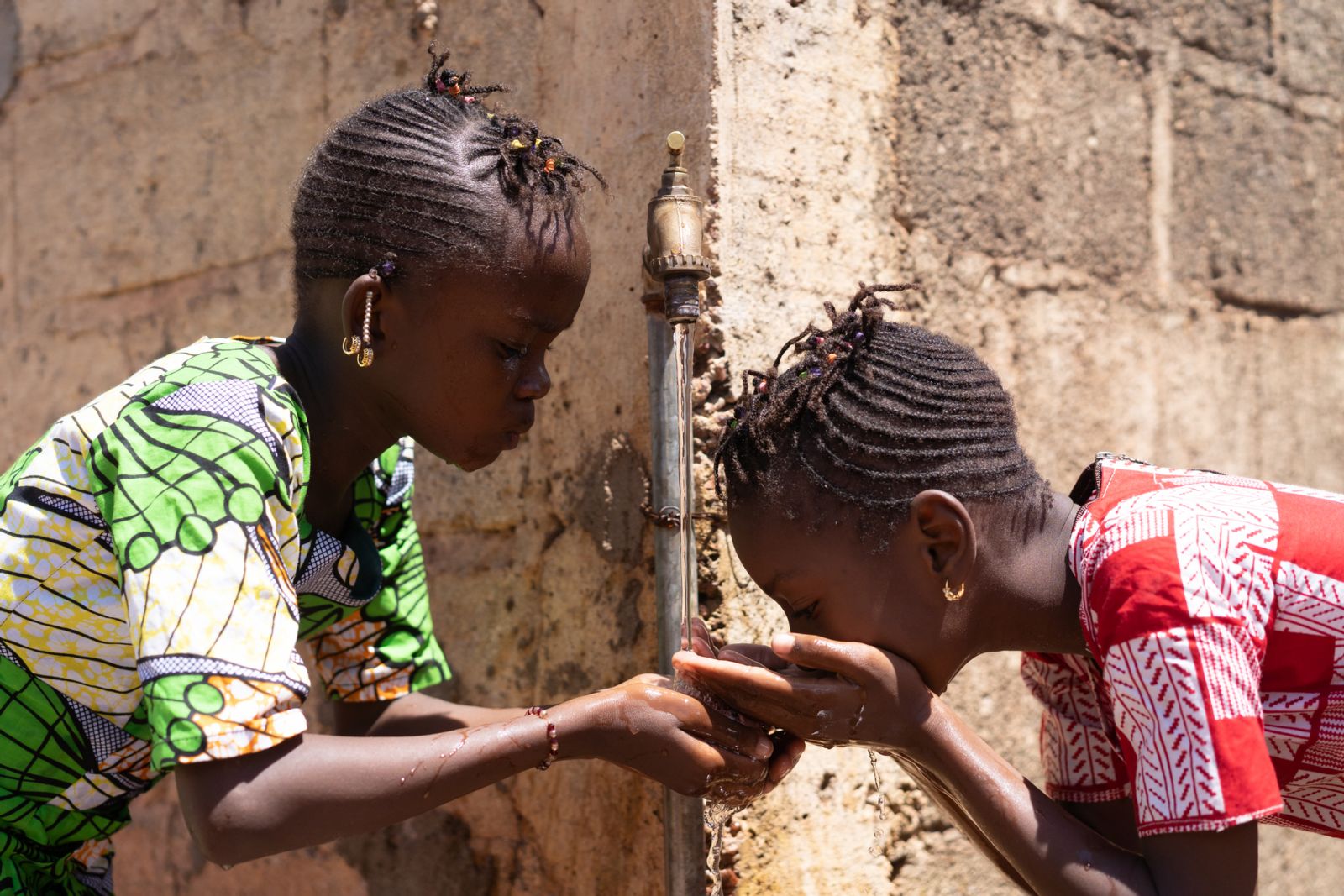Referred to as the “land of opportunities,” the Sahel region of western and north-central Africa, extending from Senegal eastward to Sudan, has recently witnessed the escalation of a “pluri-crisis”—interrelated, compounding crises.
The “once-in-a-200-year extreme heatwave” that began in April 2024 is inflicting damage on vulnerable populations. As one example, Mali experienced its hottest day on record, reaching 48.5°C and leading to a surge in fatalities.
Witnessing the repercussions of this domino effect, civil society organizations across the region are calling for investment in resilience, sustainable development, and enhanced social cohesion.
At the same time, communities are emphasizing the need to prioritize civilian protection, dialogue, and improved access to aid and information.
Increasingly, such groups are advocating citizen mobilization, stability, and development through calls for international solidarity and attention to the root cause of violence, inequality, and climate disasters. But what are the issues they face, and what is the way forward?
The humanitarian crisis in the Sahel
The crisis in the Sahel is deepening. In 2024, some 17 million people in Burkina Faso, Mali and Niger—or about one-fifth of the population—need humanitarian assistance and protection. In recent months, there has been an increase in the number of displaced persons to around 5 million. The region continues to face a series of complex and interconnected challenges. Drought, flooding, violence linked to struggles for control over natural resources, insecurity arising from extremism, and forced population displacement are “making the vulnerable even more vulnerable,” particularly women and girls, which threatens to wipe out decades of development progress if nothing is done.
In Niger, humanitarian efforts have been hampered by the closure of borders, affecting the delivery of vital supplies. The situation is made worse by poor harvests, overall insecurity, and the suspension of development aid, financial transactions, and trade. Meanwhile, refugees continue to arrive en masse.
Burkina Faso and Mali face similar circumstances, with aid delivery increasingly dependent on costly air transport. “The challenges are immense, requiring increased mobilization to ensure continued aid. Alongside the authorities, we remain determined to assist people made vulnerable by the crisis, but limited resources mean that our efforts are inadequate given the scale of the needs,” says Mavalow Christelle Kalhoule, President of SPONG in Burkina Faso and Chair of Forus.
And then there is hunger.
According to the March 2024 food security analysis of the Harmonized Framework, nearly 55 million people in West and Central Africa will have difficulty feeding themselves during the upcoming lean season from June to August 2024. The situation is particularly serious in conflict-affected northern Mali, where 2,600 people are at risk of “catastrophic hunger.”
These issues require concrete and appropriate solutions on the ground, but each country, while facing specific challenges, also shares the need for urgent and coordinated international action.
“We are witnessing the breakdown of social peace and the stagnation of economic progress, accompanied by an increase in chronic poverty, youth unemployment, and social misery in a sub-region undermined by the spread of all kinds of contagious epidemics, natural disasters, the activities of rebel and terrorist groups such as Boko Haram in Chad and similar trends across the whole region. The situation is clearly worrying,” shares Repongac, the Network of Central African NGO Platforms.
Shifting aid
Amid all this, the lack of funding is staggering—humanitarian appeals for the central Sahel resulted in only one-third of the funds needed in 2023. As we enter 2024, an estimated $2.2 billion is needed to help 10.4 million people across these nations. Despite the risks and limited resources, national and international partners, alongside local organizations, have managed to support around 6.3 million people. However, this is still far from enough.
The current humanitarian crisis in the Sahel highlights the urgent need for a shift from short-term aid to long-term, sustainable solutions that address the root causes of vulnerability and displacement. Investments in resilience, sustainable development, and social cohesion are key to moving communities forward and preventing the emergence of new humanitarian needs. These efforts must prioritize the inclusive and effective participation of all affected communities, ensuring that their voices are heard and integrated into decision-making processes.
In addition, it is imperative to avoid actions that exacerbate the suffering of civilians, such as untargeted sanctions or the suspension of development aid. Initial budgets should not be reduced because of the nature of the regime.
Dialogue between governments and civil society has not been suspended despite the challenges. The international community’s response to the crisis in the Sahel must be guided by a commitment to humanitarian principles and the long-term well-being of the people of the region.
“We call for renewed international solidarity to address this crisis. It is crucial to support local efforts and include the participation of affected communities in decision-making in order to reduce the level of recourse to survival strategies that lead to the decapitalization of their assets and the creation of endemic poverty that national response plans will have difficulty in containing,” explains Malick Ndome, member of the Board of Directors of CONGAD in Senegal.
As national and regional civil society platforms across the region, we call on donors, governments, and international institutions to respond to the immediate needs of the people of the Sahel and to invest in the future of the region. Only collective action, putting humanity above politics, can enable us to address the profound challenges facing the Sahel and build a foundation for lasting peace and development.
This article has been written collectively by Forus members in the Sahel with support from Marie L’Hostis and Bibbi Abruzzini. Forus is a global network working on an enabling environment for civil society, Agenda 2030, digital rights, financing for sustainable development, capacity strengthening, and much more.

